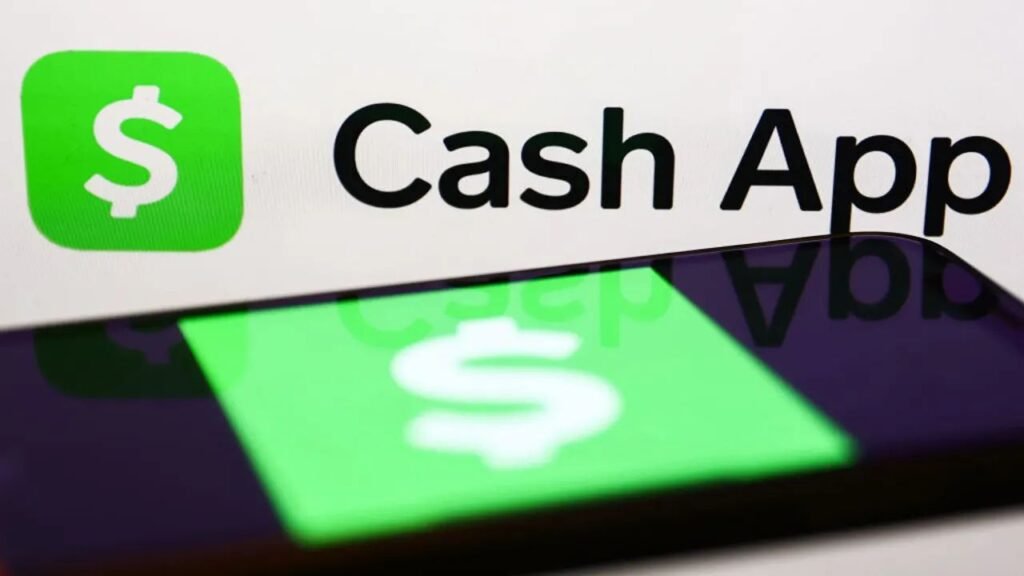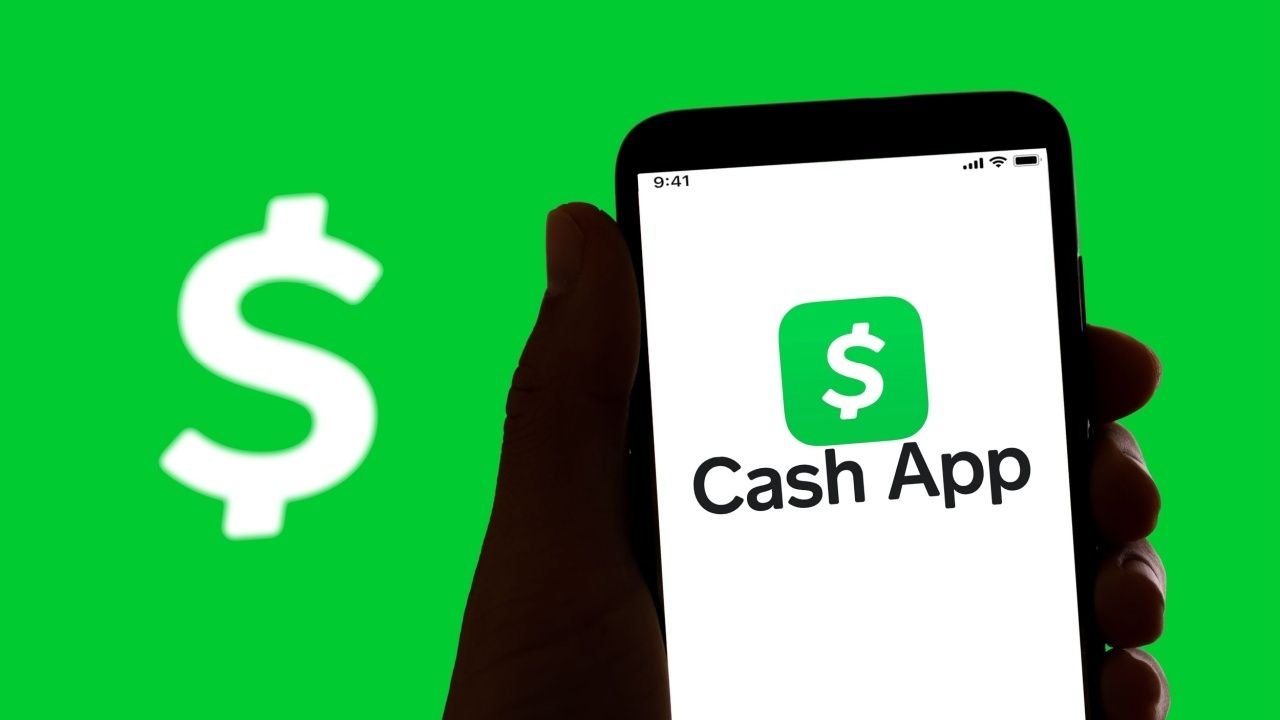Cash App’s widespread use of referral text messages has resulted in a landmark $12.5 million settlement agreement following allegations of privacy law violations. The lawsuit, which stems from a marketing campaign that targeted individuals in Washington state with unsolicited “Invite Friends” messages, highlights growing scrutiny over digital outreach practices and the need for consent in commercial communication. While Cash App operator Block Inc. has not admitted wrongdoing, the settlement means that nearly two million potentially affected individuals may soon be eligible for a cash payment.
| Estimated Payout | Share of CEMA Violation Value |
|---|---|
| $88 to $147 | 17% to 29% of $500 |
Privacy Laws Underpinning the Lawsuit
This legal action drew on two important state privacy regulations the Washington Consumer Electronic Mail Act (CEMA) and the Washington Consumer Protection Act (CPA). The lead plaintiff, Kimberly Bottoms, argued that Cash App sent out automated referral texts to Washington residents without proper opt-in consent, constituting a clear privacy infringement. The suit alleged that the campaign’s aggressive tactics crossed the legal boundaries that are designed to shield consumers from unwanted commercial messaging.
Nearly Two Million Phone Numbers Contacted
The number of affected individuals is notable: the class includes anyone who received Cash App’s referral text messages on a number with a Washington area code from November 14, 2019, through a still-to-be-finalized end date. Unlike some settlements, individuals do not need to demonstrate financial loss, but simply need to confirm receipt of the message during the period in question.
Settlement Details

Once approved by the court, the settlement fund will be shared pro rata among all valid claimants. Each person is expected to receive between $88 and $147, representing a significant percentage of the $500 statutory damages available under CEMA per violation. Legal fees, administrative costs, and a service award for the lead plaintiff will all be paid out of the total settlement fund before claimants receive their compensation.
How the Fund Will Be Used
Funds will be allocated as follows class member payouts, attorney and court fees, administrative processing, and the plaintiff’s service award giving every eligible recipient an opportunity to claim a share, with the exact amount varying based on the number of claims submitted.
Notification and Claims
Those eligible for the class settlement will receive notification via email, postcard, or, in some cases, public campaign if direct contact is not possible. Once the claims portal is opened subject to court approval, claimants can submit their details and select a preferred payment method: PayPal, Venmo, or traditional paper check. Notably, proof of financial loss is not needed only confirmation that an unsolicited message was received.
Additional Legal Challenges for Block Inc.
It’s notable that Cash App’s parent, Block Inc., has faced similar scrutiny in recent years, including settlements and penalties relating to customer data security and support issues. The fintech sector is being closely watched over how it markets services and protects users’ personal data.
Legal Oversight and the Road Forward
The class action, Bottoms v. Block Inc., awaits court approval, with legal representation managed by Terrell Marshall Law Group, PLLC, and Berger Montague, PC. Washington residents are advised to monitor updates regarding the final court decision and the opening of the settlement website for claim submissions.
Impact on Consumer Protection and Digital Marketing
This case underscores the risks companies face when aggressive digital marketing clashes with evolving privacy laws. It also highlights how collective legal action and strong privacy statutes can secure meaningful compensation for ordinary consumers, encouraging companies to refine their practices in the interest of electronic privacy.

